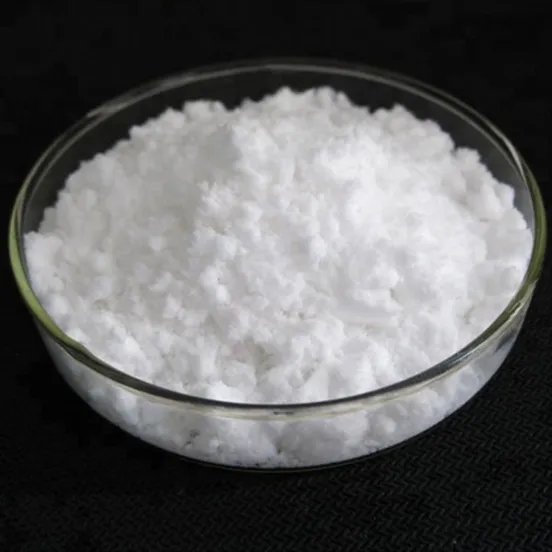IUPAC Name
Sodium Methanoate
Cas Number
141-53-7
HS Code
2915.12.00
Formula
HCOONa
Industry
Leather Chemicals
Appearance
White Powder
Common Names
Sodium formate
Packaging
25 Kgs Net PP Woven Bags, 1200 Kgs Net PP Jumbo Bags
Sodium formate HCOONa, also known as sodium methanoate, is the sodium salt of formic acid. It is a white, water-soluble crystalline powder with hygroscopic properties. Sodium formate is widely used in various industries, including leather tanning, oil drilling, de-icing, and as a reducing agent in chemical processes. In the leather industry, it is commonly used to reduce hexavalent chromium (Cr⁶⁺) to trivalent chromium (Cr³⁺), making it safer for environmental discharge.
Method 1: Reaction of Formic Acid with Sodium Hydroxide
Sodium formate is typically produced by neutralizing formic acid (HCOOH) with sodium hydroxide (NaOH) or sodium carbonate (Na₂CO₃):
HCOOH + NaOH → HCOONa + H₂O
HCOOH + Na₂CO₃ → 2HCOONa + CO₂ + H₂O
This method results in high-purity sodium formate and is widely used in commercial production.
Method 2: By-Product of Pentaerythritol Production*
Sodium formate is also obtained as a by-product in the manufacturing of pentaerythritol, a key ingredient in alkyd resins and explosives. The process involves reacting formaldehyde with sodium hydroxid in the presence of excess methanol, yielding sodium formate as a secondary product.
This additive is used to stabilize chromium during the leather tanning process. By enhancing the penetration of chromium into the hide, it reduces the overall tanning time and improves the uniformity and durability of the final leather product.
Sodium formate is employed in the textile industry to improve brightness and color in dyeing/printing fabrics and paper. Anti-Frosting Agent
Sodium Formate is a product designed for use when products such as calcium chloride or urea will harm the surrounding environment. Sodium Formate has an extended residual anti-icing effect in extreme weather conditions in addition to a fast-acting initial burn off rate. Can be applied using conventional spreaders and also works great with pre-wet.
